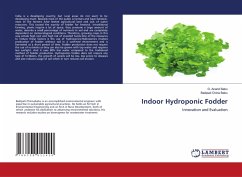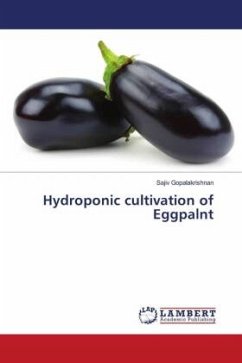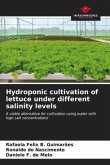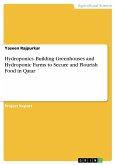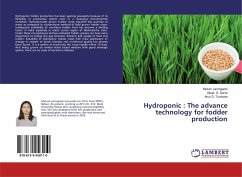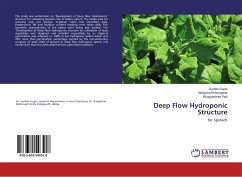India is a developing country, but rural areas do not seem to be developing much. Basically most of the public is farmers and have livestock, most of the farmers have limited agricultural land and lack of water resources. This caused the scarcity of fodder for livestock. Intraditional farming, plants require a lot of space, they consume a large amount of water, absorbs a small percentage of nutrients in soil and are completely dependent on meteorological conditions. Therefore, growing crops in this way entails high cost and high risk of invested funds.One of the measures to reduce these factors is the use of hydroponics.Hydroponics involves production of fodder without soil in a confined environment and is harvested at a short period of time. Fodder production does not require the use of nutrients as they can also be grown with tap water and requires less sunlight. And it uses 80% less water compared to the traditional method of fodder production. Hydroponics fodder does not require any type of fertilizers, the growth of weeds will be less, less prone to diseases and also reduces usage of soil which in turn reduces soil erosion.
Bitte wählen Sie Ihr Anliegen aus.
Rechnungen
Retourenschein anfordern
Bestellstatus
Storno

